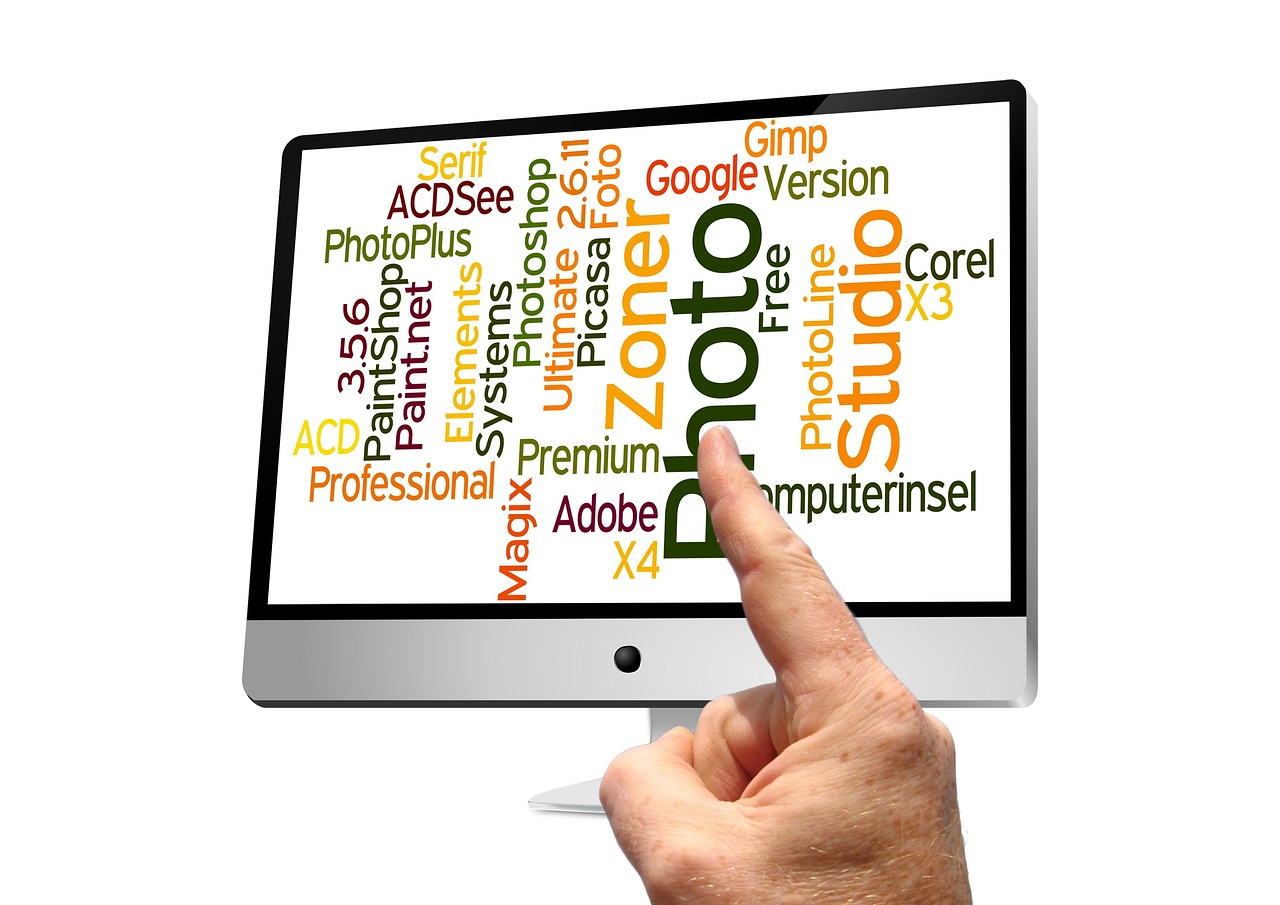ERP (Enterprise Resource Planning) system is a comprehensive management software that integrates various functions and processes within an organization. It is designed to enhance efficiency, productivity, and decision-making capabilities by providing a centralized database and real-time information across different departments.

ERP system offers a wide range of functionalities, which can be categorized into several dimensions:
1. Financial Management:ERP system enables organizations to manage their financial resources efficiently. It includes modules for financial accounting, budgeting, cash flow management, and financial reporting. With these functionalities, businesses can track their expenses, revenues, and assets, as well as analyze financial performance and make data-driven decisions.

ERP system helps streamline supply chain operations, from procurement to inventory management and logistics. It provides functionalities such as supplier management, purchase order processing, inventory control, and demand forecasting. By optimizing the supply chain, organizations can reduce costs, improve product availability, and enhance customer satisfaction.
3. Human Resource Management:ERP system automates HR processes and facilitates effective human resource management. It includes modules for employee information, payroll, performance evaluation, training, and recruitment. With these functionalities, organizations can manage their workforce efficiently, ensure compliance with labor laws, and enhance employee engagement.
4. Customer Relationship Management:ERP system helps organizations build and maintain strong customer relationships. It includes functionalities for managing customer data, tracking sales leads, managing marketing campaigns, and handling customer inquiries and complaints. By centralizing customer information and streamlining sales processes, businesses can improve customer satisfaction, increase sales, and drive customer loyalty.
5. Production and Operations Management:ERP system provides functionalities to manage production planning, scheduling, and control. It includes modules for production scheduling, bill of materials management, quality control, and maintenance. With these functionalities, organizations can optimize production processes, minimize lead times, ensure product quality, and reduce operational costs.
In conclusion, ERP system encompasses a wide range of functionalities, covering financial management, supply chain management, human resource management, customer relationship management, and production and operations management. By leveraging these functionalities, organizations can streamline their business processes, improve efficiency, and make more informed decisions. In today's competitive business landscape, implementing an ERP system has become essential for organizations to stay ahead and achieve sustainable growth.